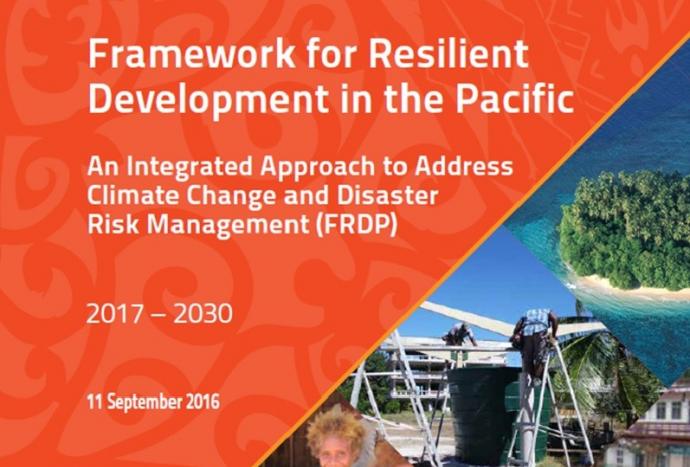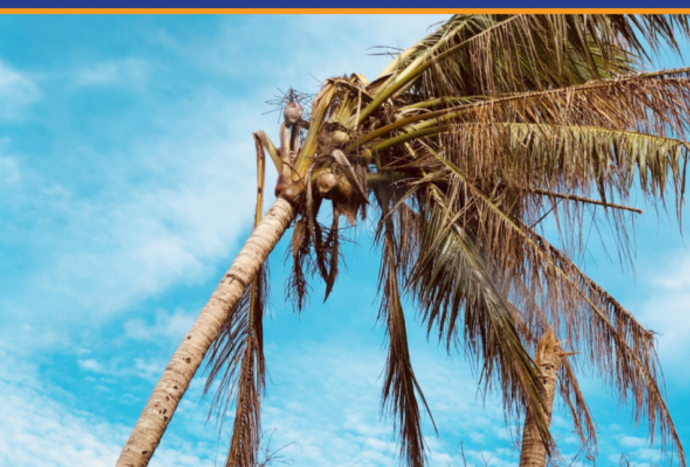Joint Press Release- Pacific Regional Consultation on Internal Displacement
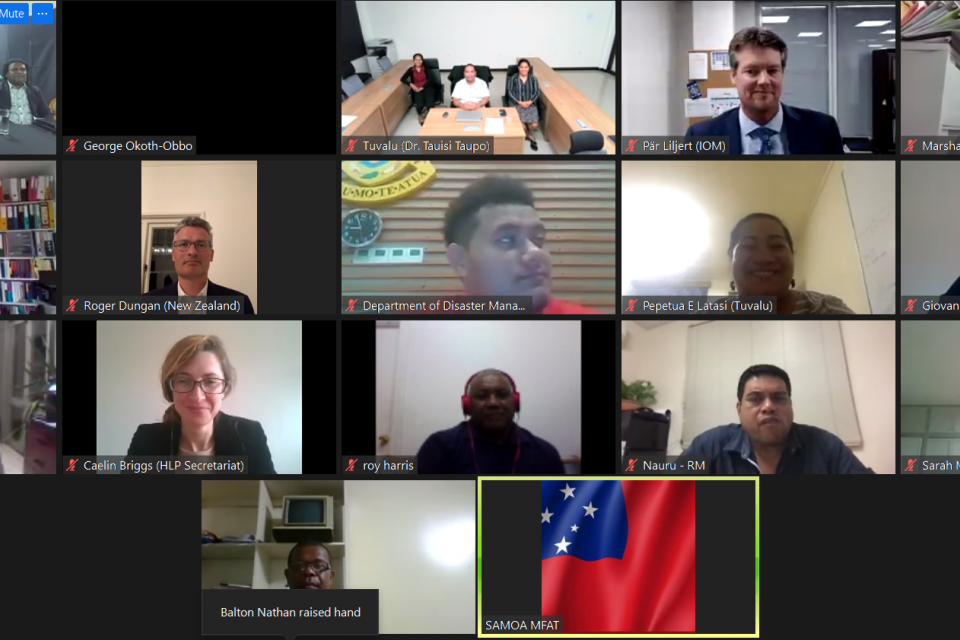
Pacific Governments Call for Urgent Action on Disaster Displacement in Light of the Climate Crisis
Climate change is not a “doomsday proposition” but a living existential threat to humanity, Pacific government officials have warned.
The stark warning was made at today’s Pacific Regional Consultation on Internal Displacement, co-organized by the Pacific Resilience Partnership (PRP)’s Technical Working Group (TWG) on Human Mobility and the Secretariat of the UN Secretary-General's High-Level Panel on Internal Displacement. Government representatives from 10 Pacific countries reiterated strongly the need for accelerated and ambitious action to address disaster-induced displacement as part of the global fight against the climate crisis.
“Every year, more of our citizens will be forced to leave their homes to escape stronger storms, rising seas, and swelling rivers brought by climate change,” said Honorable Prime Minister of Fiji, Josaia Voreqe Bainimarama in a video message.
The virtual event gathered government officials, UN agencies, civil societies, academia and the private sector together to exchange policy best practices on disaster displacement and review challenges ahead as the Pacific continues to grapple with extreme weather events.
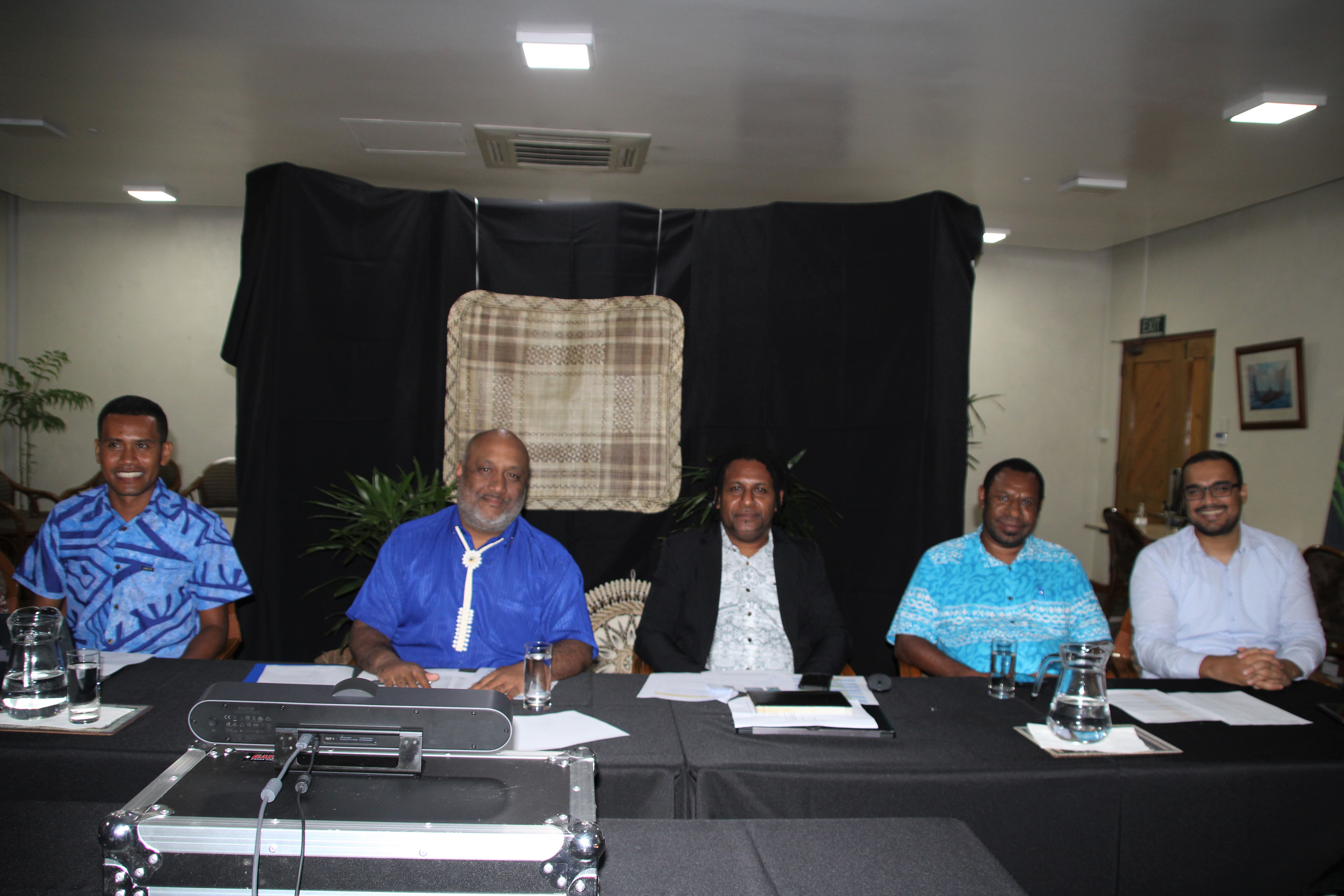
The outcomes of the consultation will also inform the High-Level Panel on Internal Displacement, an eight-member group established by the UN Secretary-General to identify concrete recommendations to better prevent, respond and achieve solutions to internal displacement.
“For far too long, the idea of internal displacement may seem abstract but the issue is real and here in the Pacific,” stressed H.E. Tregor Albon Ishoda, Ambassador of the Republic of the Marshall Islands to Fiji, recalling the “devastating impacts” of Tropical Cyclone Yasa and Harold in the consultation.
According to the Internal Displacement Monitoring Centre (IDMC), more than 50,000 people[1] in the Pacific region are at risk of having to flee their homes each year due to extreme weather events. Pacific islanders are amongst those most at risk of being displaced, bearing the brunt of sudden and slow-onset effects of climate change with humanitarian consequences.
“The breach of human rights, and scale and severity of humanitarian problem in the region requires more systematic attention be given to internally displaced persons in the Pacific,” urged Dr. Tauisi Taupo, Secretary of Justice, Communication and Foreign Affairs of Tuvalu in his keynote address.
Support to internally displaced persons are provided by the National Disaster Management Offices in the Pacific and collaborative efforts of local actors, NGOs and development partners. However, as the climate crisis is escalating at an alarming pace, panelists have stressed that accelerated global actions are needed to ensure the inclusion of internal displacement in national development planning, legal frameworks and guidelines.
“Climate change presents more than just disaster risks. It is an existential threat that could displace entire nations,” said Nasser Judeh, Member of the High-Level Panel. “Displacement and disaster risks need to be recognized as a shared development priority.”
About the PRP’s TWG on Human Mobility
The Pacific Resilience Partnership (PRP) was endorsed by Leaders in 2017 to support and facilitate effective implementation of the Framework for Resilient Development in the Pacific: An Integrated Approach to Address Climate Change and Disaster Risk Management (FRDP). The establishment of the inclusive multi-stakeholder PRP, reflects concerted efforts to facilitate and increase capacity for a multi-actor response to climate change and disaster risk. The Pacific Resilience Partnership (PRP)’s Technical Working Group (TWG) on Human Mobility is one of the five TWGs which was established in 2019. Currently the TWG on Human Mobility has a membership of more than thirty CSOs and development partners. Learn more at Framework for Resilient Development in the Pacific
About the High-Level Panel
The High-Level Panel on Internal Displacement was established in February 2020 by the UN Secretary-General to identify concrete recommendations on how to better prevent, respond and achieve solutions to the global internal displacement crisis. The Panel is comprised of eight members, co-chaired by Federica Mogherini, former EU High Representative for Foreign Affairs and Security Policy, and Donald Kaberuka, Chair of the Global Fund to Fight AIDS, Tuberculosis and Malaria. The Panel is expected to deliver its final recommendations to the UN Secretary-General in September 2021. Learn more at un.org/internal-displacement-panel.
Media Contacts:
Sharon Tohaimae
PRP communications focal point
Pacific Islands Forum Secretariat
+ 679 331 2600
Madevi Sun-Suon
Public Information Officer
Secretariat of UN Secretary-General’s High-Level Panel on Internal Displacement
+41 76 691 1371
madevi.sun-suon@un.org
[1] This figure does not take into account if one individual has been displaced more than one time.
